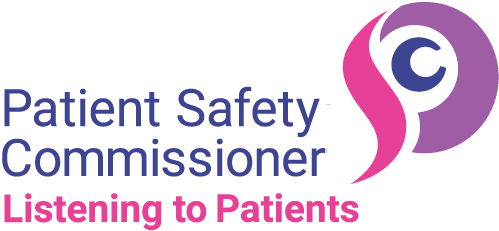
Recognising good practice and seizing the opportunities to change how the NHS delivers care has the potential to make a huge impact on patient experiences and outcomes. This does not have to mean wholesale reorganisation but the NHS should embrace best practice to ensure patients have equal access to the best care possible.
Too many patients are not consulted on their individual care needs. When the NHS is deciding what care to make available in their area, when services are being shaped and delivered or when the NHS is setting national level policy. The Medical Technology Group is made up of patient group members as well as representatives from industry and research organisations. Our goal is to champion the patient voice.
We asked ICSs: ‘Do you put patients at the heart of what you do?’ and analysed those responses into our report, ‘Delivering Meaningful Patient Involvement: The MTG’s Guide for Integrated Care Systems’. This highlights areas of best practice which should be replicated across the country to end the postcode lottery for patient involvement.
We launched our findings in Parliament in September and emphasised that implementing best practices in patient involvement will improve NHS efficiency, help us move to a more personalised model of care, and improve patient outcomes in the long-term. The report does not just highlight what is lacking but makes a range of recommendations for Government, NHS England, and ICSs on how to solve those problems. It includes a call for the Department of Health and Social Care to publish guidance that requires patient representation on Integrated Care Boards (ICBs), as well as the annual reporting of patient involvement and representation in ICB activity. It also argues that the Care Quality Commission should be given more freedom to scrutinise the level of patient involvement being carried out by ICSs and ICBs.
We have aimed to shine a spotlight on the challenges that result from not involving patients in a meaningful way and to provide examples of where meaningful patient involvement is done well by making realistic recommendations for decisionmakers to create a significant impact for patients and the way they are treated. The MTG will continue to champion true meaningful involvement of patients across the NHS, its commissioners, providers and arms-length bodies. Change should be embraced and we hope that local successes can become national benchmarks.
The full report and all our recommendations can be accessed at: https://mtg.org.uk/patient-involvement/.
Barbara Harpham is chair of the Medical Technology Group.

